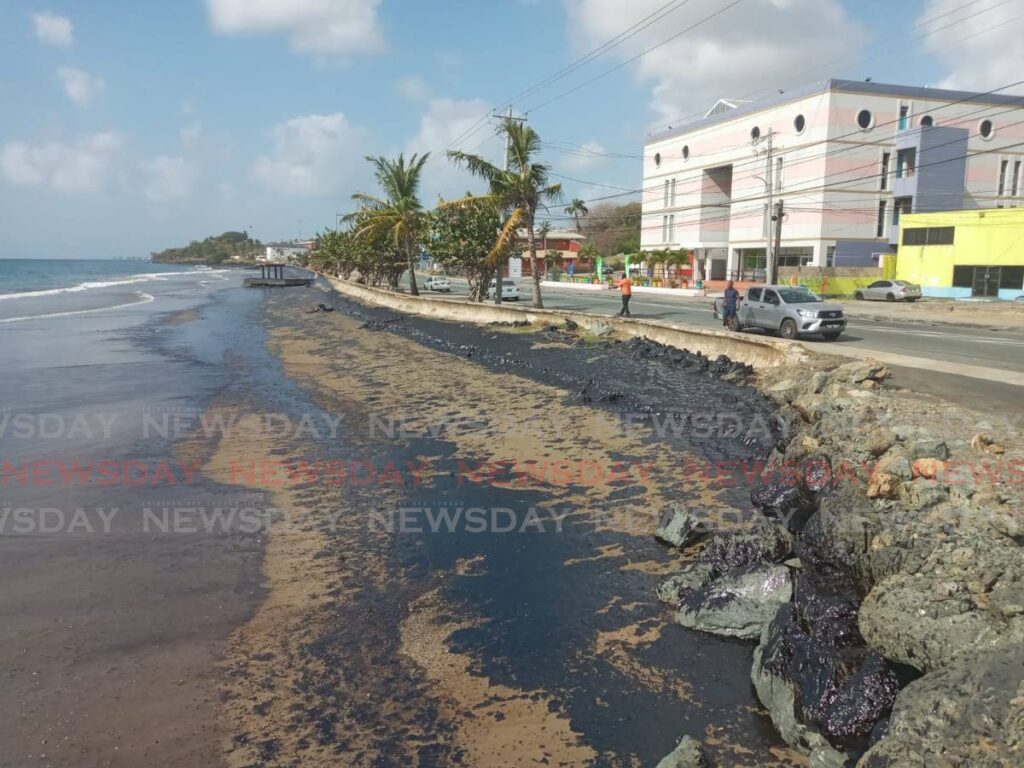Business
Newsday

AS NOTED last week by Vanus James, the economist and development expert, the lack of data on technical aspects of the Tobago oil spill makes it hard to estimate its economic consequences.
However, two months after the incident, it’s clear enough that it has complicated, if not hampered, the island’s fragile economic recovery, as it is centred on tourism.
Assessment of the cost and impact of the spill is made difficult not only by the lack of data – answers to crucial questions are outstanding – but also by the fact that environmental disasters involve quantitative and qualitative factors. Numbers relating to expenditure tell us only so much, especially when they touch ecologically and recreationally important areas.
The numbers, though, are already significant. There were immediate costs related to the State’s emergency response, involving the Office of the Prime Minister, the Tobago House of Assembly and a range of government ministries and agencies. Transportation of equipment and labour, some of which had to be procured, generated hefty bills.
In February, THA Chief Secretary Farley Augustine suggested costs had come in at about $1 million. That was just the first week of the crisis, before invoices had been received. A month later, the clean-up was still ongoing. The Chief Secretary should, at some stage before the THA budget, provide an update on where things stand, complete with a breakdown.
Dr James believes the tourism sector may have escaped unscathed because the spill did not affect the northern side of the island. And domestic tourists might not care.
However, the damage to Tobago’s brand as an international destination has not been insignificant. The spill was widely covered by international media outlets, including the BBC and the Guardian in the UK, and CNN, CBS and Newsweek in the US.
There is a price – as difficult as it is to quantify – to pay for this, as the idea of Tobago as a pristine island, often a selling point in marketing, has been tarnished.
When we consider there is no sign of anyone being held accountable for this incident, the cause of which is unknown, it becomes apparent that while the slick has cleared, the stain remains.
Outside tourism, other sectors were harmed. Some events were cancelled. There was an immediate cost to the fishing industry, with the THA issuing vouchers to beleaguered fishermen.
It remains an open question whether the marine environment, including reefs, mangroves and habitats for shoals, has been permanently altered.
A natural-resource damage assessment must be done, and only then will there be a clearer idea of how dearly Tobagonians have paid.
The only silver lining in this matter was the fact that there was a brief administrative détente between the central government and the THA at the start of the crisis. That soon unravelled.
All eyes will, nonetheless, be on Finance Minister Colm Imbert’s midyear review, due in a few weeks, to see what (if any) measures, including supplemental allocations, he might introduce to bolster the island’s long-term recovery.
